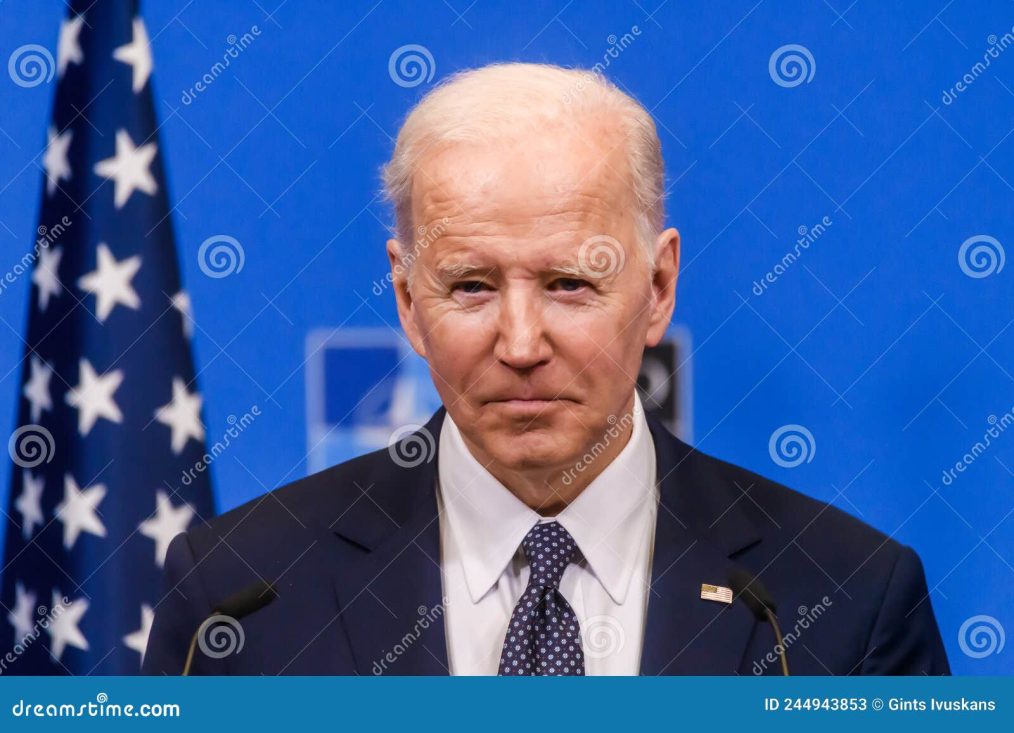Earlier this year, Australian Minister for Veterans’ Affairs and Defence Personnel, Matt Keogh MP, announced new measures to improve Australian Defence Force (ADF) recruitment. “We are growing our Defence Force as we need, making sure that we’re improving the flow through in our recruitment,” Keogh said in a February 13 interview with 2GB.
Keogh highlighted that the previous 300-day enlistment process deterred many potential recruits. The goal is now to reduce this to 100 days or less with the help of new recruitment partner Adecco.
Historically, the ADF recruitment process was faster. In his memoir, SAS soldier and Victoria Cross recipient Mark Donaldson described a straightforward enlistment in 2002, where he was sworn in and sent to basic training within days of his initial application.
Currently serving and retired ADF personnel confirmed that recruitment in the early 2000s was quicker. One soldier noted it took less than three months from application to departure for basic training.
In the mid-1990s, ADF recruitment was highly successful, meeting targets and even returning part of the marketing budget. However, by 2002–03, the numbers had declined significantly, with only 4,322 members recruited to the permanent force against a target of 5,164.
The ADF faces a recruitment crisis with long wait times, unmet targets, and unappealing incentives for new generations. Addressing this issue requires streamlining the recruitment process and changing public perception of military service. Without significant reforms, the ADF will continue to struggle with recruitment challenges.










